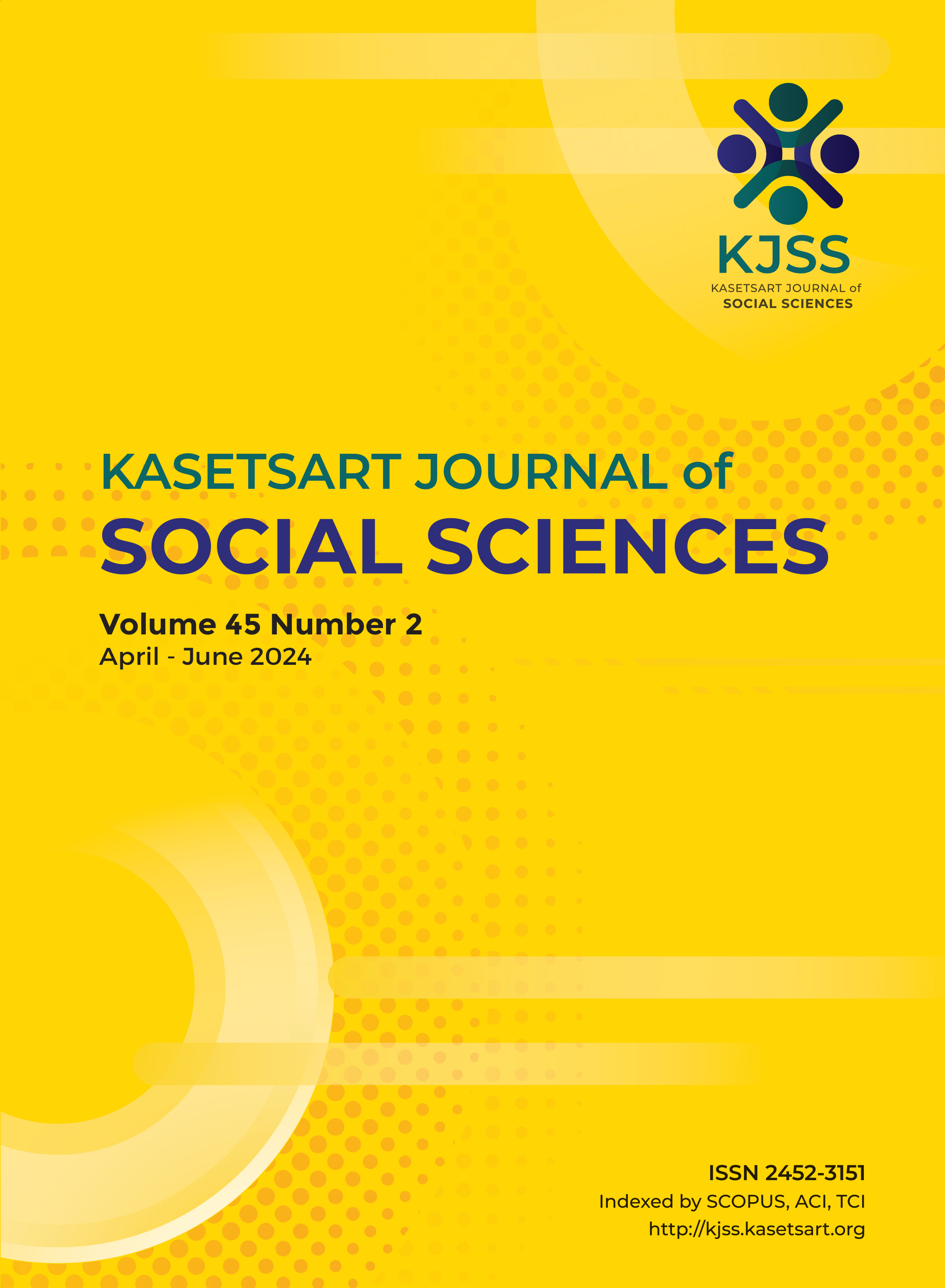Virtual course based on conceptual maps and autonomous work
Keywords:
autonomous learning, conceptual maps, virtual course, virtualizationAbstract
The computerization of university processes prioritizes the implementation of virtual courses in which the use of learning resources that do not repeat the face-to-face procedure is stimulated. The objective of the study is to describe the virtual course developed for the Infotechnology subject, based on the use of concept maps and autonomous work activities. The study shows a quantitative approach, with a descriptive non-experimental design. Through a survey, with a Likert-type scale, the opinion of the students on the usefulness and didactic value of the virtual course, the usefulness of concept maps to organize and present information, self-assess learning and stimulate autonomous learning were measured. The data were processed using Jamovi version 1.6. The results show the adaptation of the face-to-face Infotechnology course to a virtual teaching and learning environment, which was organized into 20 topics, made up of activities based on a conceptual map that organizes and presents the information to the student, a guide for work. Autonomous and self-assessment learning activities; For the communication of what has been learned, the student relies on PowerPoint presentations, algorithms, texts, videos and concept maps. The evaluations of those involved conclude that courses with this design achieve a teaching and learning dynamic adjusted to virtuality and favor the development of skills for autonomous learning.
Downloads
Published
How to Cite
Issue
Section
License
Copyright (c) 2024 Kasetsart UniversityThis is an open access article under the CC BY-NC-ND license http://creativecommons.org/licenses/by-nc-nd/4.0/










